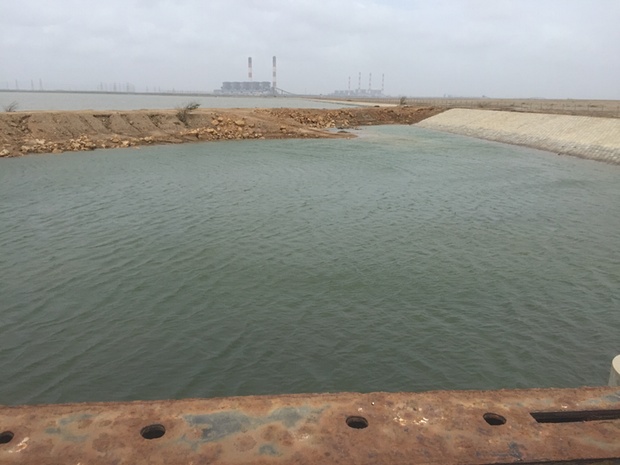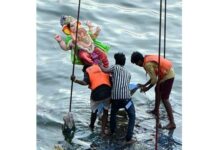
In the first case of its kind against the private investment arm of the World Bank, fishermen and farmers from north-western India are suing the International Finance Corporation (IFC) in a US federal court over a $450m loan for a coal-fired power plant. The communities say the IFC has “destroyed their livelihoods” by reducing fish stocks and damaging the environment in Gujarat, according to a report published in The Guardian.
The case is filed in the District of Columbia circuit of the federal court system, as that is where the World Bank is based. But in a move decried by human rights advocates, the IFC says the complaint, filed by the NGO EarthRights International in April this year on behalf of those affected, “must be dismissed in its entirety” because the IFC is entitled to immunity from prosecution in the US under a treaty signed in 1945. According to the IFC, the International Organisations Immunities Act of 1945 gives it “the same immunity from suit and every form of judicial process as is enjoyed by foreign governments”. A verdict on whether the IFC’s immunity defence will hold, or whether the court will hear the case, is not expected before January 2016. “What are they afraid of?” asks Kristen Genovese, from the Centre for Research on Multinational Corporations (SOMO) in Amsterdam. “Any other institution – you can sue your government, you can sue corporations. Why can’t you sue the Bank? Why is it above the law? You need to have checks and balances.” At the moment, she adds, “the entire World Bank group essentially plays by its own rules”. The IFC is the branch of the World Bank that invests in the private sector in developing countries. In 2008, it announced a $450m loan for the 4,000 megawatt Tata Mundra “ultra mega power plant” near the port town of Mundra in Gujarat. The project was billed as critical to providing cheap and reliable power for India’s industrialisation, but critics have long raised questions about its environmental footprint. Asked for a response about the US legal case, the IFC said it could not comment on the suit.
what is the case?
Bharat Patel, general secretary of Machimar Adhikar Sangharsh Sangathan (MASS), a body representing fishermen in the area, explains the case this way. “The World Bank is meant to reduce poverty, but this type of investment by the IFC has created poverty,” he says. “For this project, they want good engineers … and in our area and our communities, people are not very well educated. The literacy rate is 20%, so they are obviously not going to be involved in this project. Around 200 to 300 are working [at the power plant], so you destroy 10,000 fishermen’s livelihoods for 200 people’s jobs. It’s not justifiable.” For more click here.

















